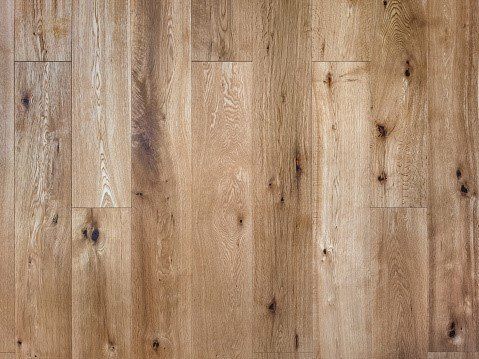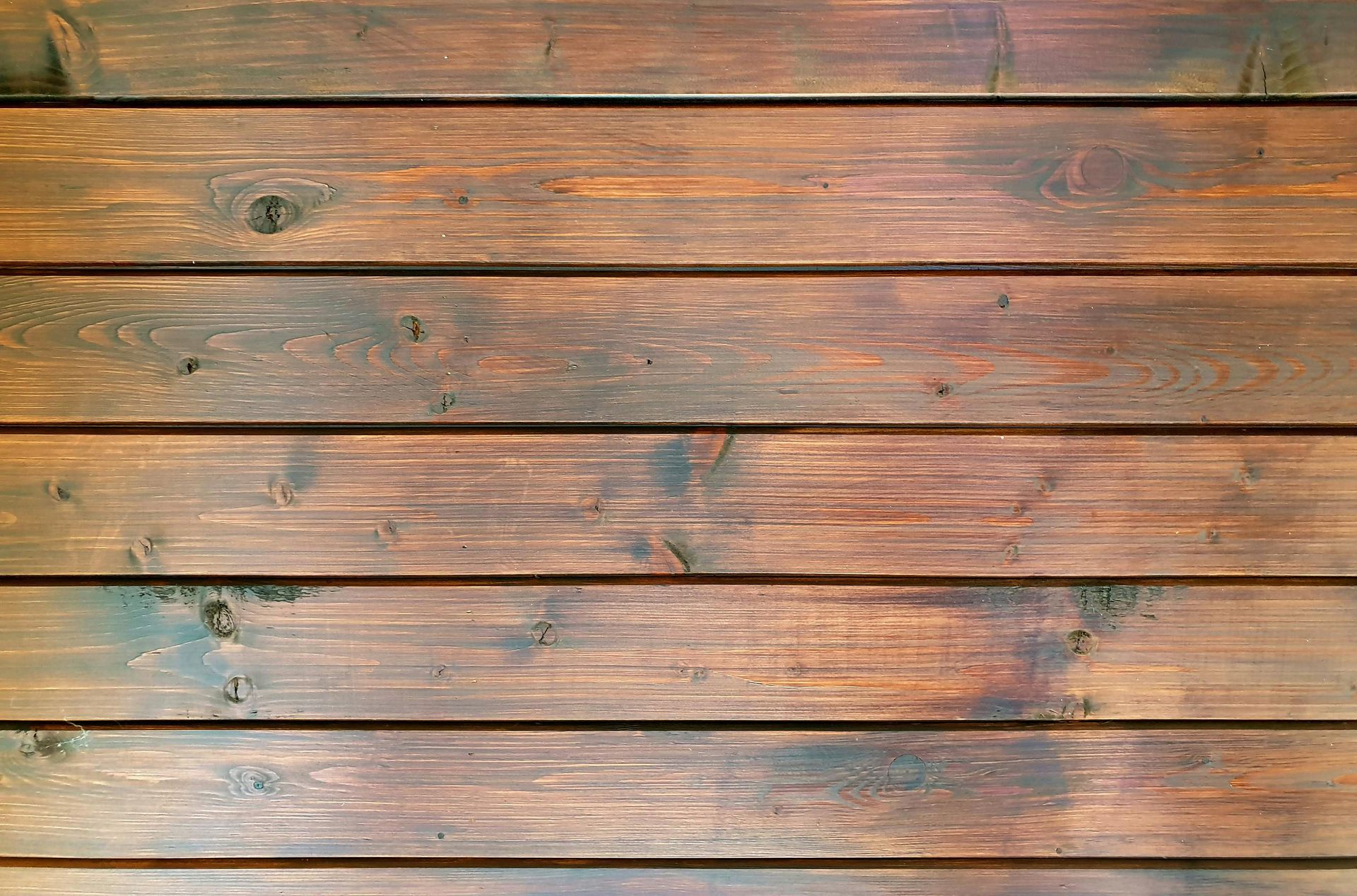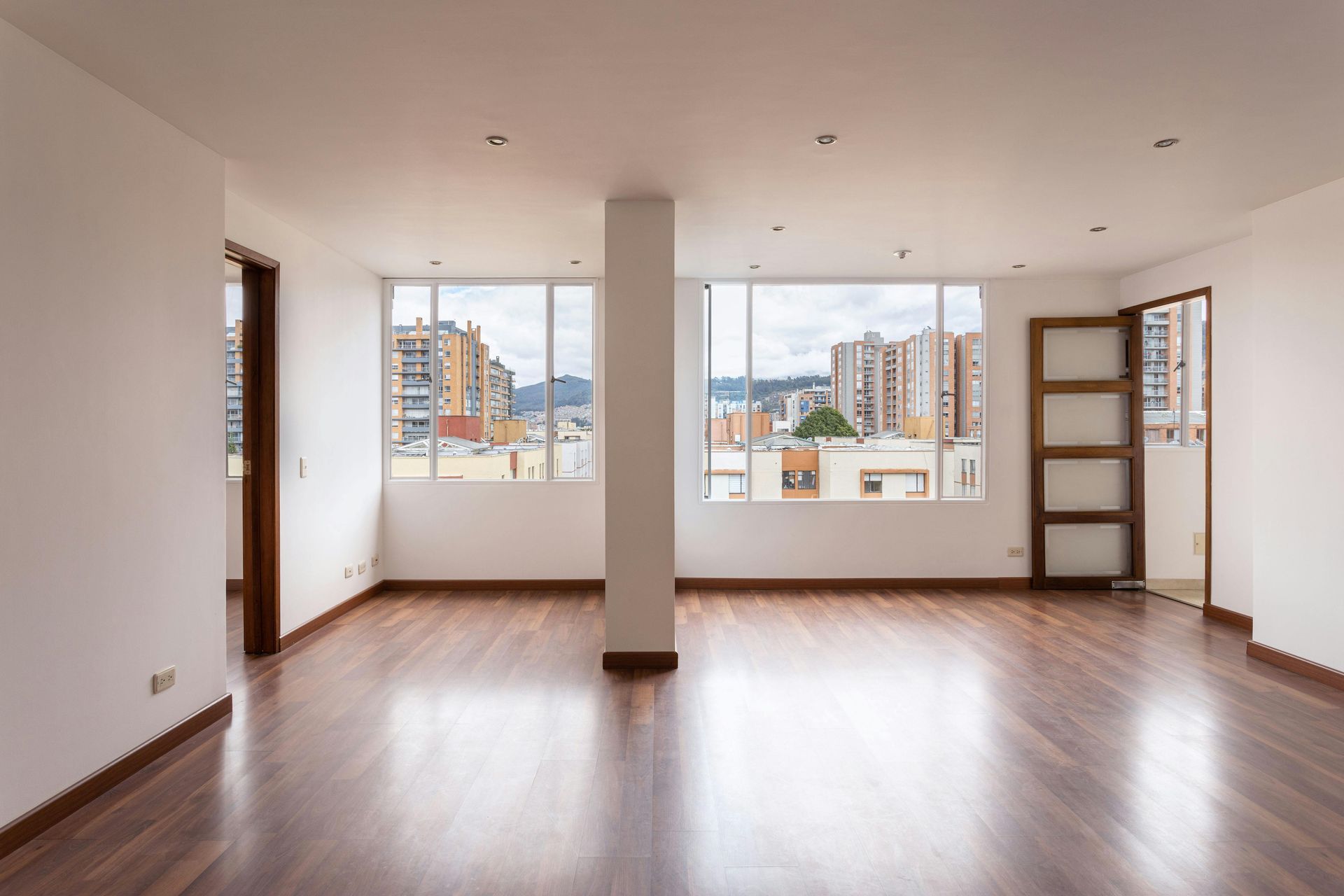Hardwood Floor 101: Cleaning Wood Floors the Right Way
AffinityX GrayTV • January 19, 2021
Aside from adding elegance and warmth to your home, hardwood floors
are low maintenance and easy to clean. They are designed to be more resistant to stains compared to other types of flooring. Dirt and grime are also easily noticeable on wood floors.
To avoid damage to your hardwood floor, you need to clean it the right way with the appropriate tools. Follow the tips below on how to clean hardwood floors to keep them durable and long-lasting.
Sweep the floor daily.
A broom and dustpan can go a long way in removing dust and dirt on your hardwood floors. Use a soft-bristled, angled broom that can sweep wide areas and reach corners easily.
Another excellent tool is a microfiber cleaning pad. It is designed to trap dirt, particles, and other household allergens using static electricity. To utilize it efficiently, do not lift the mop off the floor when cleaning so that the dust stays on the pad.
Clean hard-to-reach areas with a vacuum weekly.
Vacuum cleaners can deal with dust and dirt in hard-to-reach areas such as the spaces between the hardwood floors. Do this weekly to prevent particles from accumulating in these spaces.
Choose a vacuum with a soft floor nozzle to avoid scratching the wood. Be careful when dragging the wheels of the vacuum as they can also damage the floor. You can also invest in a robot vacuum to save time and effort; just make sure you choose a long-lasting one.
Polish the wood floor every 2-3 months.
Hardwood floors
have a protective surface that keeps liquid spills from causing water damage to the wood. To maintain the finish, polishing the floor regularly is necessary. Aside from making it shine, the process will renew the finish and add extra protection to the floor.
Other tips:
- Use the correct products. There are cleaning solutions designed for wood floors available on the market. Do not use vinegar, soap-based cleaners, and steam cleaners because these products can destroy the wood’s finish.
- Wipe spills right away. Water damage can extensively harm your hardwood floors. Moisture can seep through the finish, so make sure you clean wet spills right away.
Consult a Professional
If you need help figuring out the right cleaning tools and products
for your wood flooring, consult a professional. At Floors for Less, we’ll gladly offer suggestions and answer your questions about the maintenance of hardwood floors. We also provide repair and refinishing services for floors suffering from major damage. Contact us today for more information.








